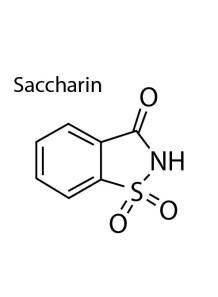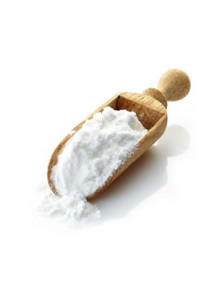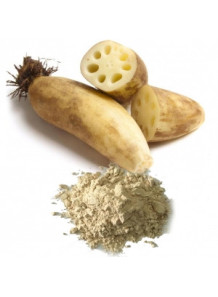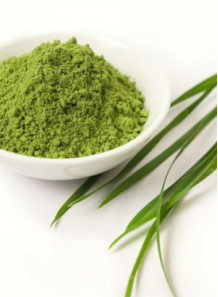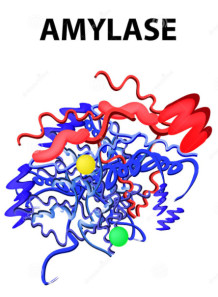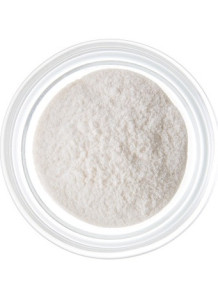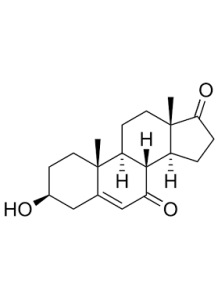7-KETO DHEA
a naturally occurring metabolite of DHEA (Dehydroepiandrosterone). Unlike DHEA, it does not convert into sex hormones such as testosterone or estrogen, which means it is less likely to cause hormone-related side effects. Its primary proposed mechanism is increasing metabolic rate through thermogenesis—the body’s process of generating heat and burning calories.
Cart
No products
Subtotal:
฿0.00
฿0.00
Total :




